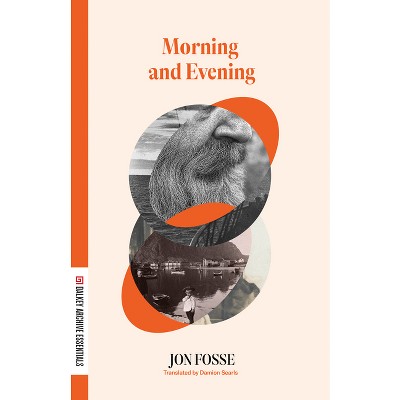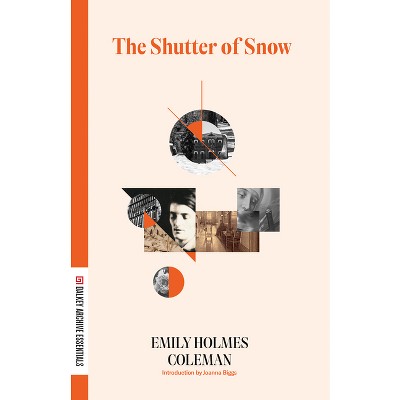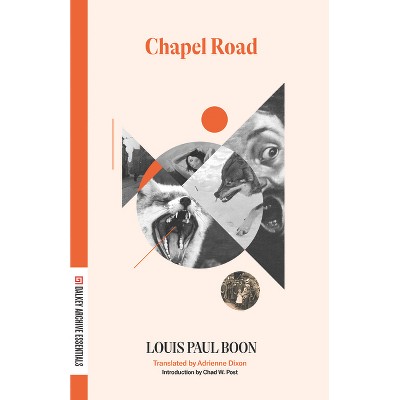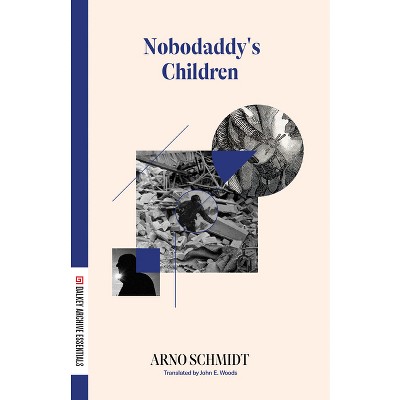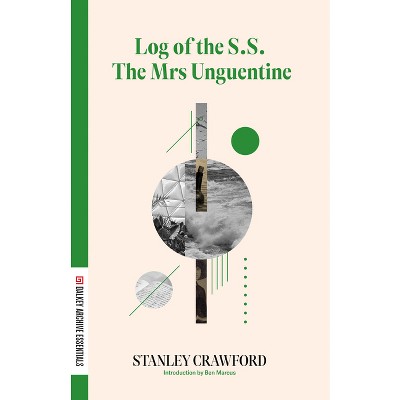
Suicide - (Dalkey Archive Essentials) by Edouard Levé (Paperback)
$14.99Save $0.96 (6% off)
In Stock
Eligible for registries and wish lists
About this item
Additional product information and recommendations
Discover more options
Frequently bought together
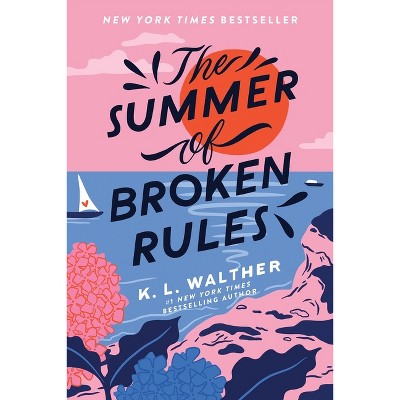
$6.65
MSRP $10.99
Buy 1, get 1 50% off select books, movies & games
4.7 out of 5 stars with 107 ratings

$11.98
Buy 1, get 1 50% off select books, movies & games
4.5 out of 5 stars with 24 ratings
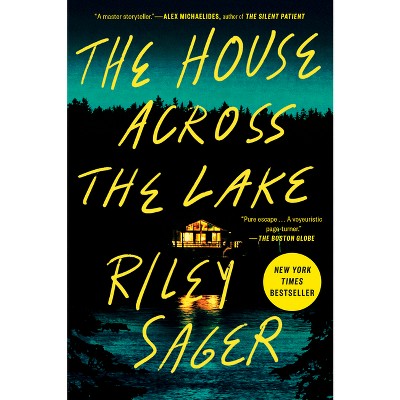
$10.53
Buy 1, get 1 50% off select books, movies & games
4.3 out of 5 stars with 108 ratings

$6.40 - $11.20
Lower price on select items
Buy 1, get 1 50% off select books, movies & games
4.9 out of 5 stars with 113 ratings

$22.62
Buy 1, get 1 50% off select books, movies & games
4.4 out of 5 stars with 17 ratings
Trending Literary Fiction
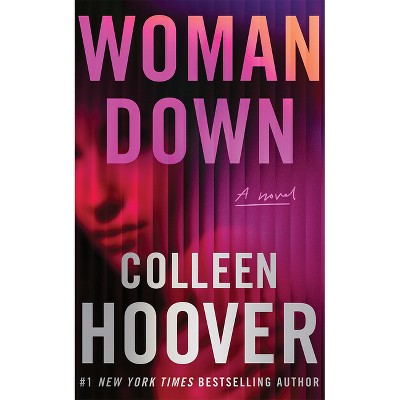
$12.40 - $20.29
MSRP $16.99 - $28.99 Lower price on select items
Buy 1, get 1 50% off select books, movies & games
4 out of 5 stars with 25 ratings

Highly rated
$13.13 - $30.99
MSRP $17.99 - $32.99
Buy 1, get 1 50% off select books, movies & games
4.8 out of 5 stars with 27 ratings

$13.60
Buy 1, get 1 50% off select books, movies & games
5 out of 5 stars with 9 ratings

$9.85 - $27.81
MSRP $15.99 - $32.99
Buy 1, get 1 50% off select books, movies & games
4.8 out of 5 stars with 169 ratings
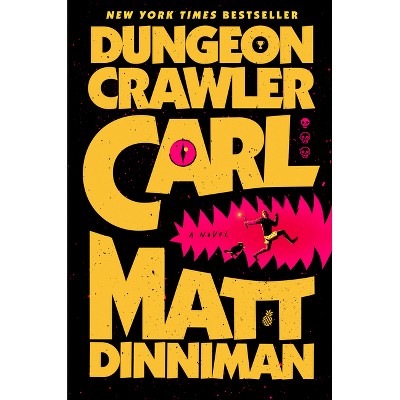
$14.98 - $23.29
New lower price
Buy 1, get 1 50% off select books, movies & games
5 out of 5 stars with 25 ratings

$14.24
was $15.19 New lower price
Buy 1, get 1 50% off select books, movies & games
4.8 out of 5 stars with 19 ratings

